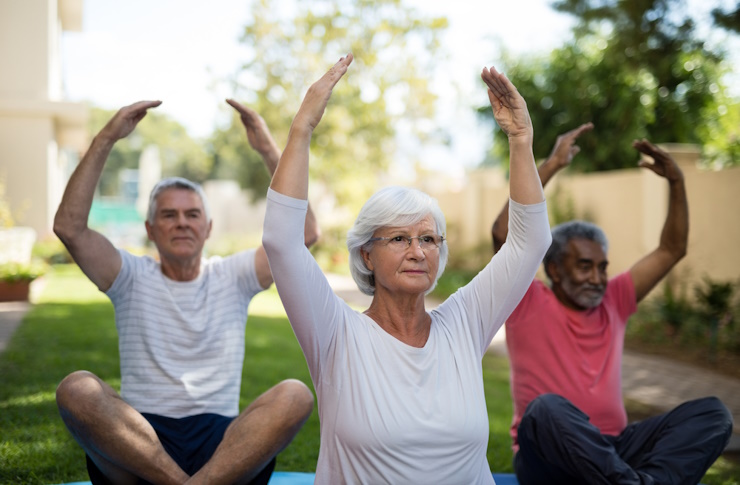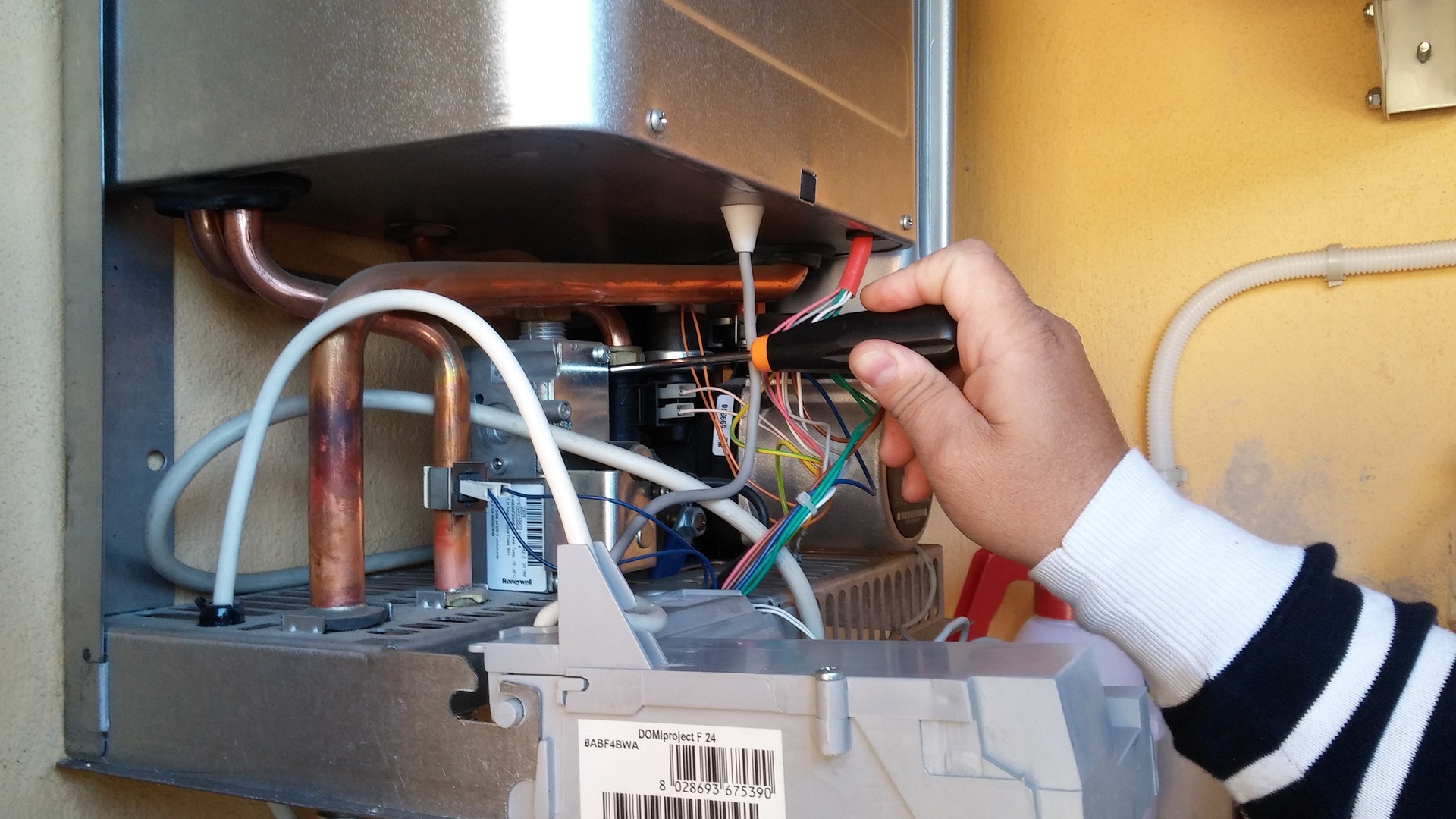How Music Instruments Transform Senior Well-Being and Community Life
Music in the lives of seniors is often valued for enjoyment and relaxation. Whether through listening, group activities, or personal routines, exploring different types of music can add variety to daily life and create opportunities for meaningful social and personal experiences.

How Music Improves Senior Well-Being Through Instrumental Practice
Playing musical instruments provides remarkable cognitive benefits for seniors. Research indicates that instrumental music engages multiple brain regions simultaneously, promoting neuroplasticity and potentially slowing cognitive decline. Regular practice with instruments like piano, guitar, or harmonica stimulates memory centers, improves hand-eye coordination, and enhances concentration abilities.
The rhythmic nature of instrumental music also supports emotional regulation. Seniors who engage with instruments often report reduced anxiety levels and improved mood stability. The act of creating music releases endorphins, providing natural stress relief and promoting overall mental wellness.
Music Activities in Senior Living Communities Create Social Bonds
Senior living facilities increasingly recognize the value of instrumental music programs. Group activities featuring ukuleles, percussion instruments, and keyboards foster social interaction among residents. These programs combat isolation by creating shared experiences and encouraging collaboration.
Many communities organize instrument circles where residents can play together regardless of skill level. Simple instruments like shakers, bells, and drums allow everyone to participate, while more experienced players can showcase talents on guitars or keyboards. These activities build friendships and create anticipatory excitement for regular gatherings.
Intergenerational programs bring additional benefits when grandchildren or local students visit to share musical experiences. Such interactions strengthen community ties and provide meaningful connections across age groups.
Importance of Music in the Lives of Seniors Through Personal Expression
Musical instruments offer seniors powerful means of personal expression and creativity. Many older adults rediscover instruments they played in youth, reconnecting with cherished memories and personal identity. Others embrace new challenges, proving that learning continues throughout life.
Instrumental music provides structure and routine, important elements for senior well-being. Regular practice sessions create purposeful daily activities, while performance opportunities offer goals and achievements. The sense of accomplishment from mastering a piece or learning a new technique builds confidence and self-esteem.
Music also serves as a bridge to cultural heritage and family traditions. Seniors often share songs and instrumental pieces that connect them to their backgrounds, creating opportunities to pass down cultural knowledge to younger generations.
| Instrument Type | Provider/Program | Cost Estimation |
|---|---|---|
| Basic Keyboard | Yamaha PSR-E273 | $150-200 |
| Acoustic Guitar | Fender CD-60S | $200-250 |
| Ukulele | Kala KA-15S | $60-80 |
| Harmonica | Hohner Special 20 | $40-50 |
| Group Lessons | Local Music Schools | $20-40 per session |
| Private Instruction | Independent Teachers | $30-60 per hour |
Prices, rates, or cost estimates mentioned in this article are based on the latest available information but may change over time. Independent research is advised before making financial decisions.
Adaptive instruments designed specifically for seniors address physical limitations while maintaining musical engagement. Larger-key keyboards accommodate arthritis, while lightweight guitars reduce strain. Electronic instruments offer volume control and headphone options, allowing practice without disturbing others.
Therapeutic benefits extend beyond entertainment. Music therapy programs utilizing instruments help manage symptoms of dementia, depression, and chronic pain. The structured nature of musical practice provides cognitive exercise that may help maintain mental acuity and memory function.
Community resources support senior musical engagement through libraries offering instrument lending programs, senior centers hosting music groups, and local colleges providing discounted lessons for older adults. These accessible options ensure that financial constraints don’t prevent musical participation.
The journey of musical exploration in senior years represents more than hobby pursuit. Instruments become tools for maintaining cognitive health, building social connections, and expressing creativity. Whether joining a community band, participating in facility programs, or enjoying solo practice, seniors who engage with musical instruments often experience enhanced quality of life and renewed sense of purpose.




